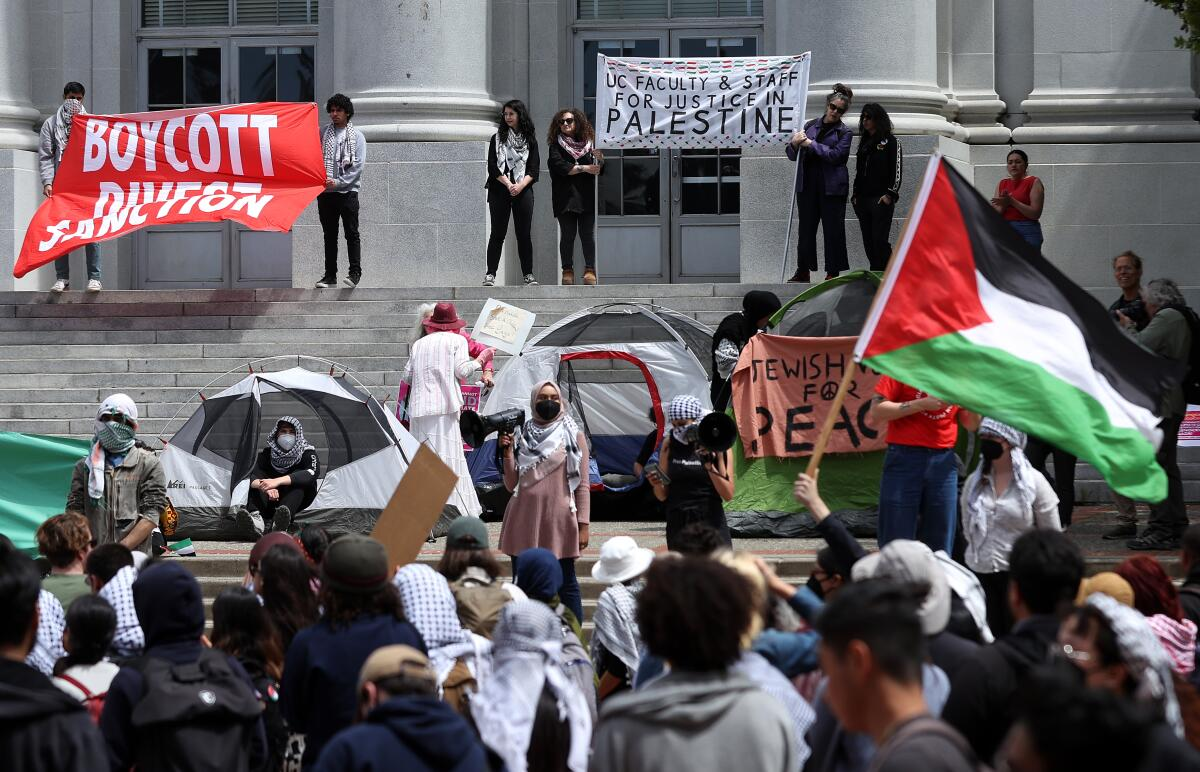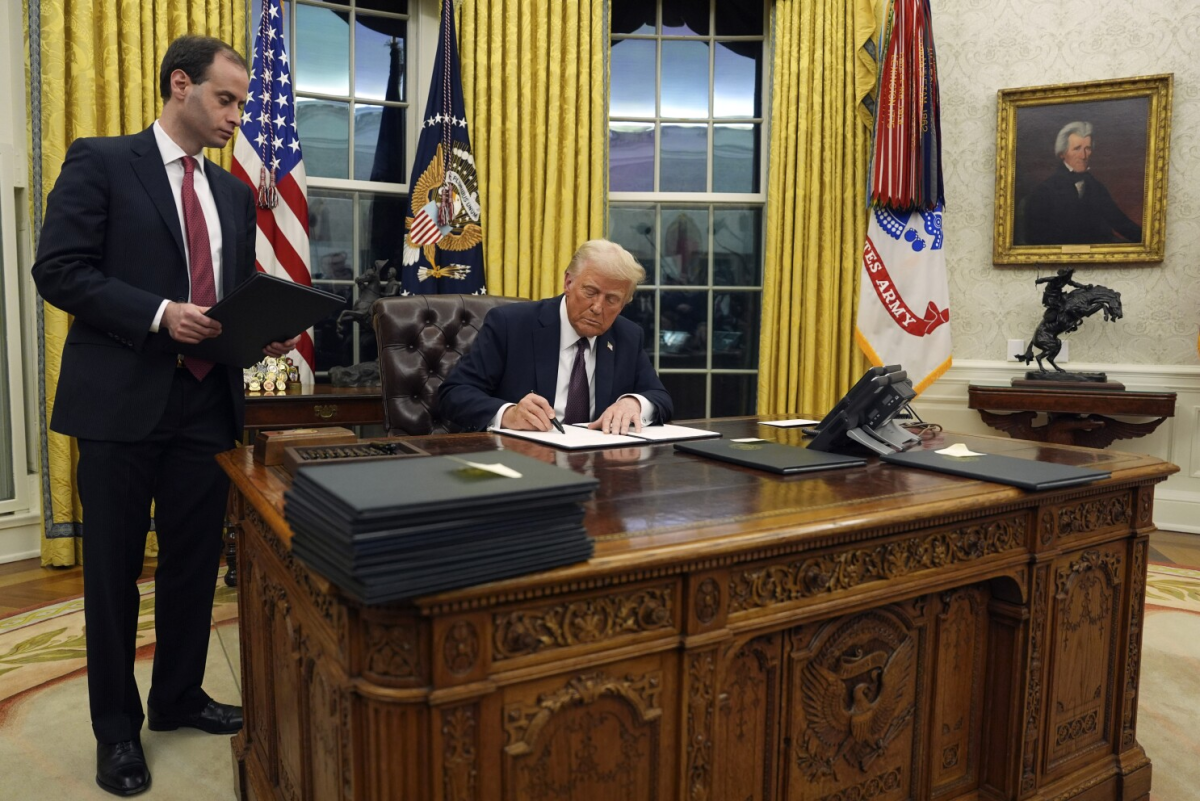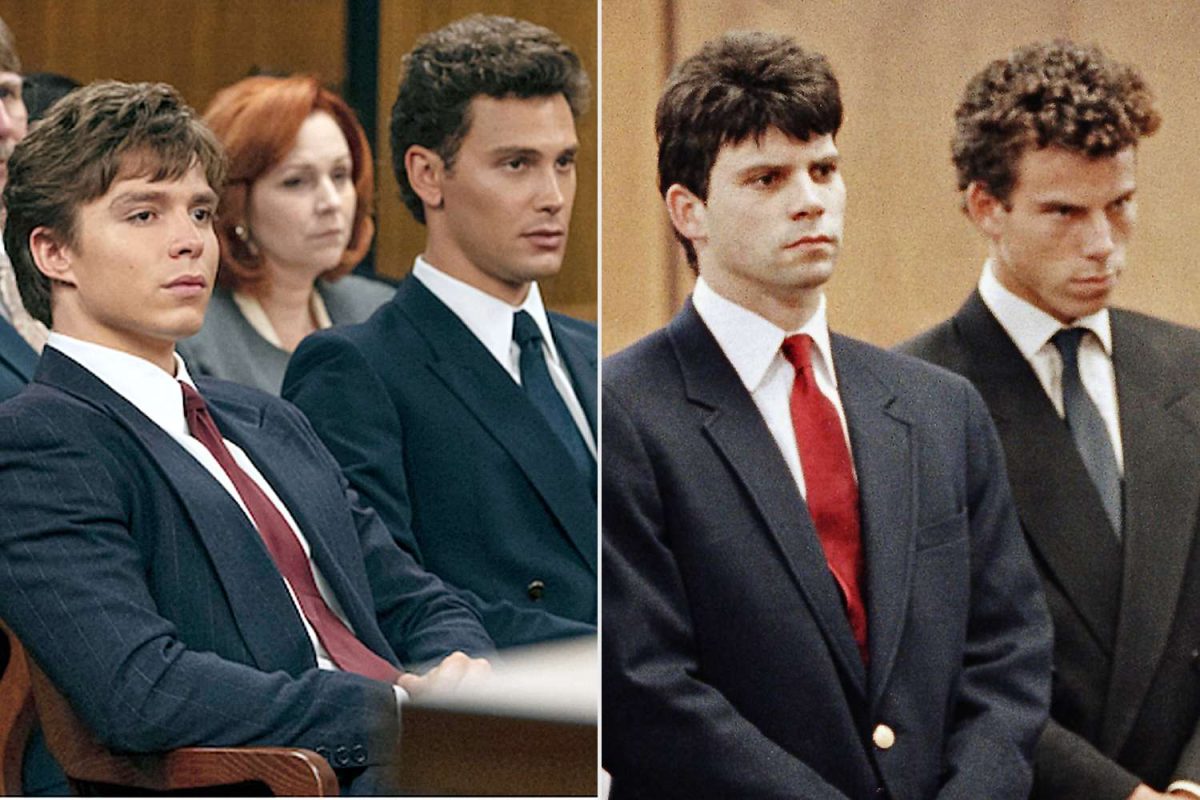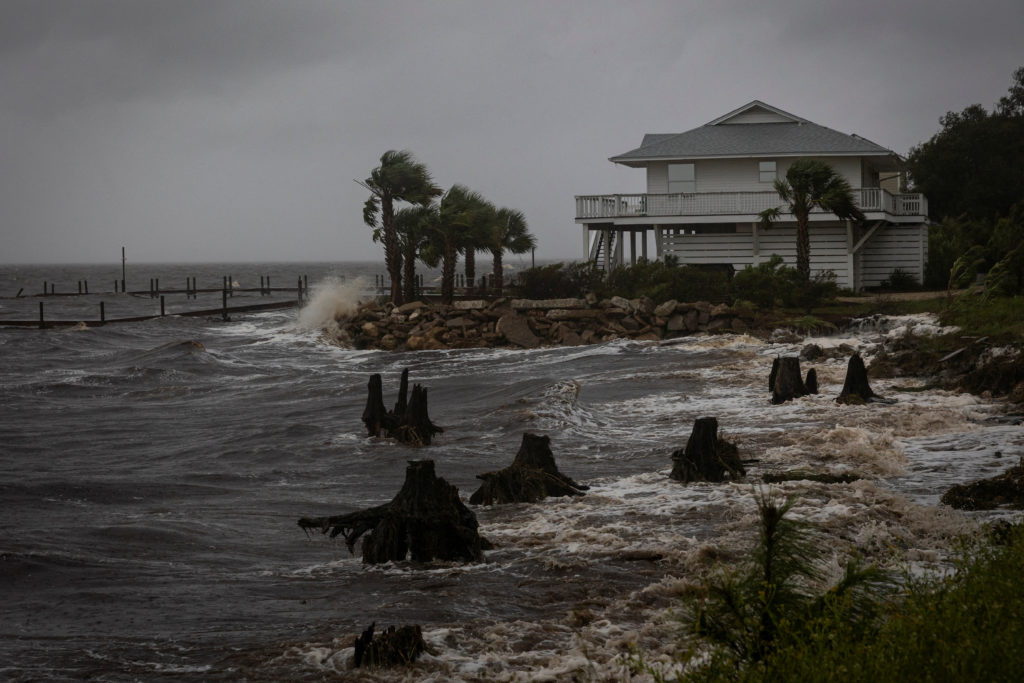A recent surge of protests has popped up around several universities regarding the ongoing Israel-Palestine conflict. These demonstrations consist of marches and encampments (people setting up tents in protest of the war), resulting in police intervention and arrests. Nationwide, these calls from both sides of the issue have surged and have been critiqued as graduation season rolls around. As a result of these protests, the University of Southern California has decided to cancel its main commencement ceremony for the 2024 graduating class over safety concerns. This announcement has been received with disappointment and outrage from people involved in the protest as well as those who are not, adding fuel to the existing tensions.
Columbia freshman Samantha Bogard is half Palestinian and feels “it’s amazing that students are advocating for [her] people around the nation. However, [she] thinks that there’s a time and place for everything, and when these protests become hateful or disruptive, they become dysfunctional.” Columbia’s campus protests have been especially intense following the removal of a pro-Palestinian encampment by the police as well as the arrest of more than 100 demonstrators on April 18th. Bogard states, “As for a lot of my Jewish peers and faculty members, an instance where an ID card was deactivated occurred where an Israeli professor, Shai Davidai, was denied access to the campus.” Bogard feels for the millions of Palestinians back home while also mentioning the problems that have been raised for the Jewish community.
Some demonstrations and activities have veered into antisemitism and have created a hostile environment for Jewish students on campus. This tension between advocating for Palestinian rights and ensuring a safe and inclusive campus environment has arised. When asked about her thoughts on the protests as well as the graduation cancellation at USC, second-year UCLA student Liana Nitka states, “I am aware of the graduation cancellation and think that it reflects poorly on the pro-Palestinian movement. It demonstrates that they are disrupting the peace on college campuses and making Jewish students feel unsafe.” On campus, Nitka recalls, “The protests and encampments at UCLA were deemed “mostly peaceful” by the administration, but I don’t think they are peaceful. There have been multiple instances of assaults against Jewish/Israeli protesters. Today at the rally, they barricaded us. All of this is meant to make Jewish students and faculty feel unsafe and unwelcome at UCLA’s college campus”. As a Jewish student on campus, she mentions she is “uncomfortable to wear [her] dog tag of “Bring the Hostages Home” and Magen David to [her] classes,” adding that “the encampment is a straight violation of university guidelines.”
Overall, the protests on university campuses reflect the broader tensions and debates within society occurring during this struggle for both sides of the war.







